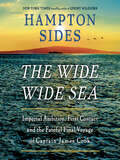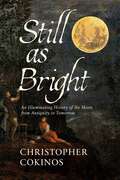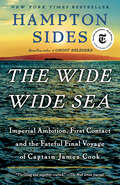Service Alert
Some links to CELA webpages not working
We are currently experiencing an issue on our website that is causing links to specific pages on our site to not work. Please visit the CELA home page first, then navigate to your preferred page from there.
CD service concludes July 31, 2025
CELA will cease production and mailing CDs effective Thursday, July 31.




